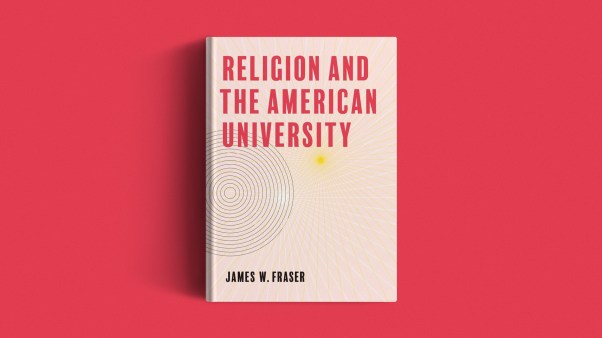United Methodists have defeated amendments that would have made church membership open to all Christians regardless of sexual orientation and furthered the creation of a new, U.S.-only governing body, according to the denomination’s news service.
Delegates at the United Methodist Church’s General Conference last year approved the sexual orientation amendment, as well as several others that would have changed how the international church is governed. But the amendments failed to gain support from two-thirds of the denomination’s annual conferences, as required by church law. The conferences voted in May and June.
Twenty-seven of the 44 regional conferences that reported voting results rejected the amendment that would have made membership in local churches open to “all persons, upon taking vows declaring the Christian faith, and relationship in Jesus Christ,” according to United Methodist
News Service.
The amendment followed a controversial case in 2005 in which a Virginia clergyman denied membership to a gay man who would not agree to change his sexuality. The UMC’s high court later backed the pastor’s decision.
The complicated amendments to church polity in the UMC, which counts 8 million members in the U.S. and about 3.5 million more in Asia, Africa and Europe, was seen by some as a way to make it easier for Americans to pass pro-gay resolutions.
“It is only thanks to the African and other international delegates that United Methodism has upheld biblical standards about homosexuality,” Mark Tooley, a Methodist and president of the Institute on Religion & Democracy, warned in April.
“Liberals increasingly resent the growing African influence in our church and know they cannot win when the African churches are growing and the U.S. church declines, unless they can at least partially separate the U.S. church from the African churches,” he wrote in lobbying against the amendments.
Advocates for the changes say it would have allowed local churches to be more responsive to cultural contexts without interference from a large, churchwide bureaucracy.








